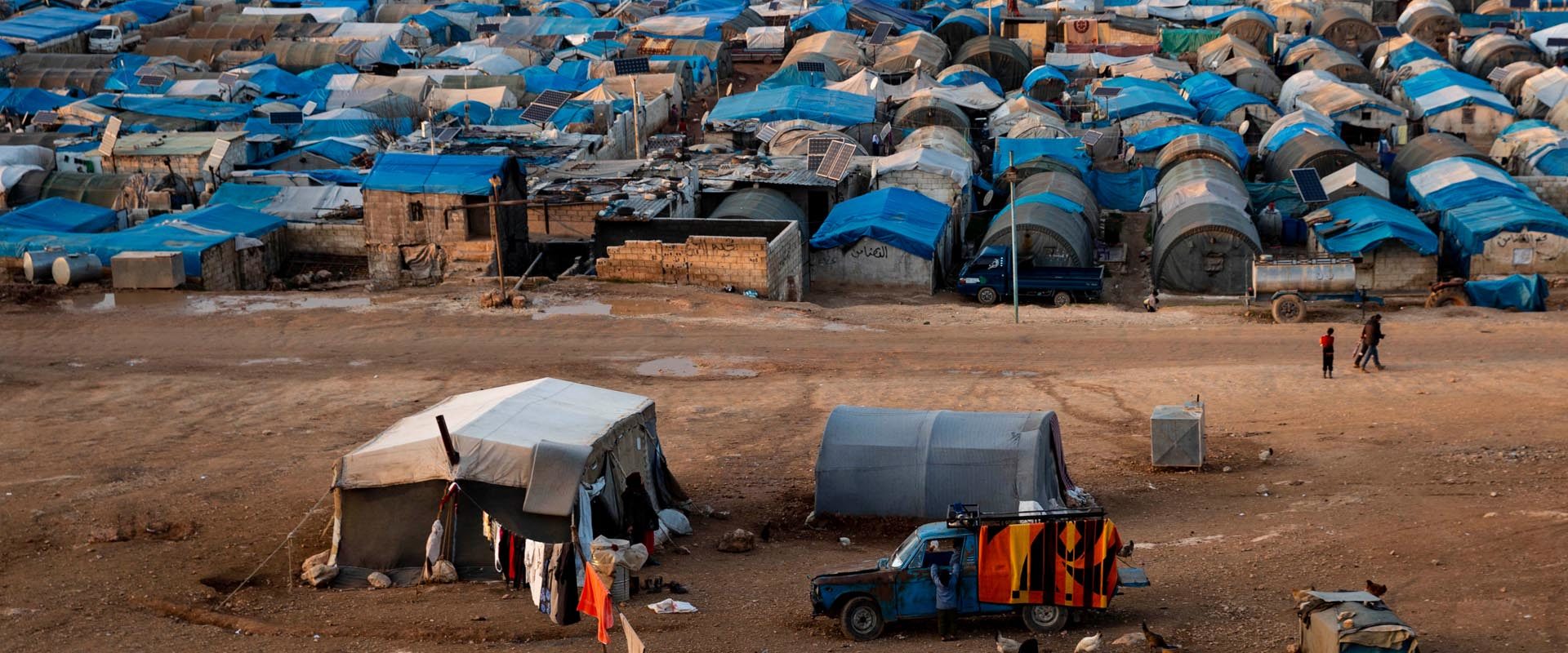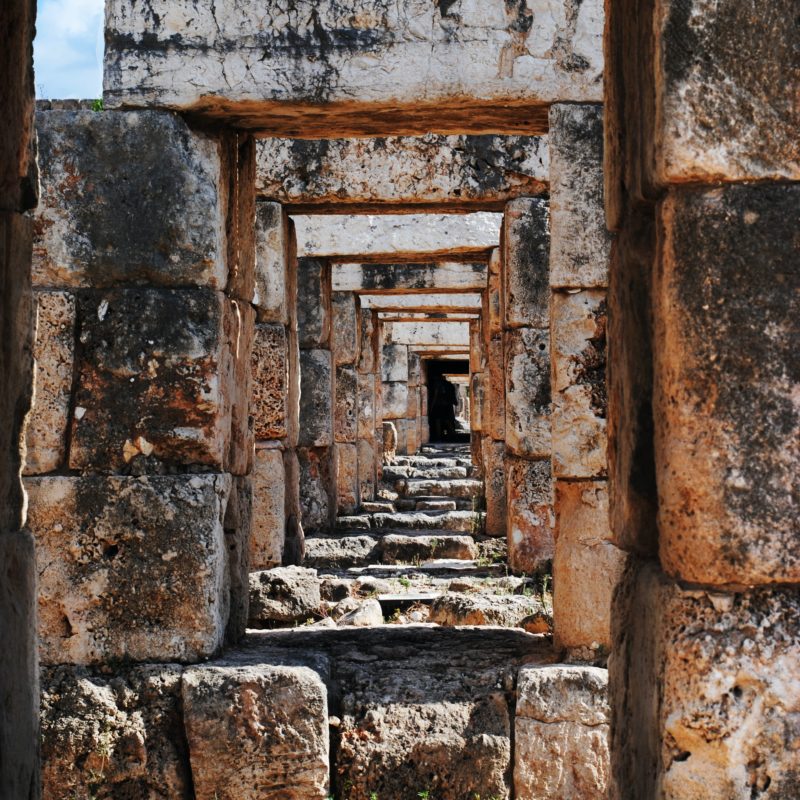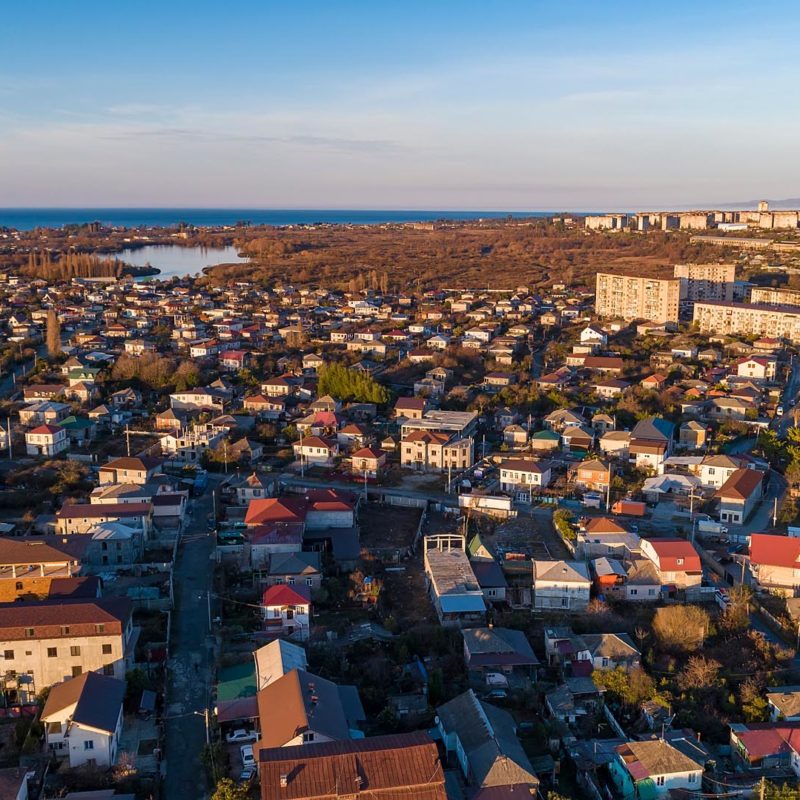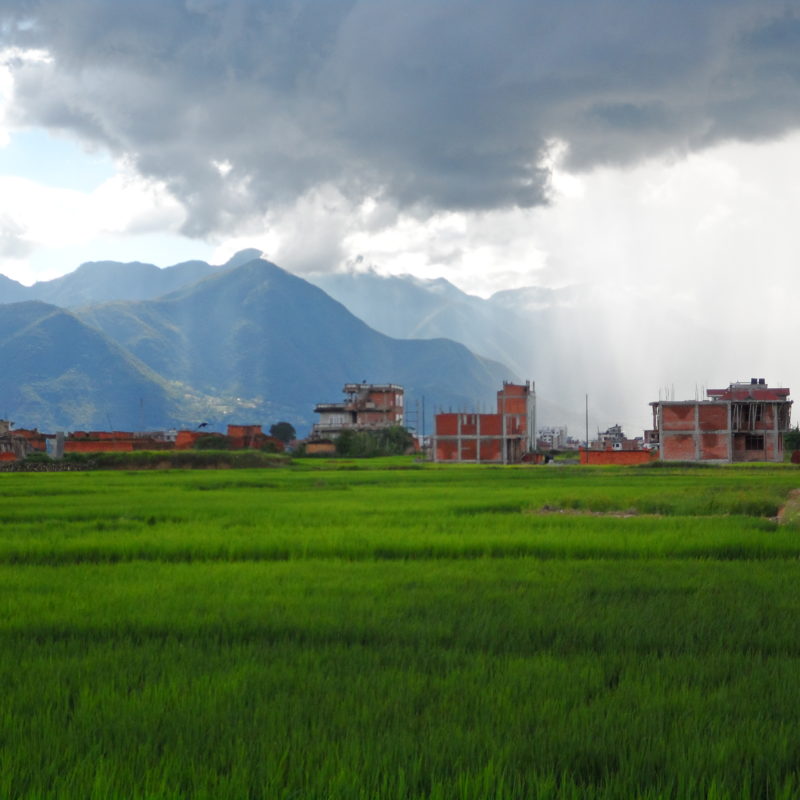Understanding civil war from pre- to post-war stages
Funded by a £1.2m UK Research and Innovation Future Leaders Fellowship, this project seeks to transform how scholars and policymakers think about and tackle the dominant form of contemporary armed conflict
Every year, civil wars kill, displace and force millions of people into poverty, creating humanitarian and environmental crises.
We are a team of interdisciplinary researchers conducting qualitative comparative research on civil war and developing long-term academic and practitioner collaborations at the Centre for the Comparative Study of Civil War in order to advance our understanding of this persistent global problem and inform international efforts to sustain peace in war-affected societies.
Actor-Centered approach
The Project
The project adopts an actor-centered, relational and processual approach, analysing formation and transformation of non-state armed groups in interaction with state forces, local populations and external actors, among others. Focusing on different organisational histories of non-state armed groups in their broader social environments will allow us to gain novel insights into civil war dynamics over time.
Non-state armed groups
Insurgent forces emerging from social movements, state splinters and clandestine organisations
State forces
National governments, local administrations, military, police and paramilitary forces
Local Populations
Residents in war-affected areas, community leaders, activists and organisations, self-defense militias
External Actors
External state sponsors, regional and international organisations, diasporas, foreign fighters
Study of Civil War
The Centre
The Centre for the Comparative Study of Civil War brings together interdisciplinary expertise on civil war and hosts the Civil War Paths project.

Our Fieldwork
We are conducting coordinated fieldwork in Latin America, the Middle East, Southeast
Asia and Sub-Saharan Africa to generate new systematic qualitative data, including in-depth
interviews, ethnographic observations, archival and other primary and secondary materials, on
transitions across pre- to post-war stages from the perspective of participants involved.





